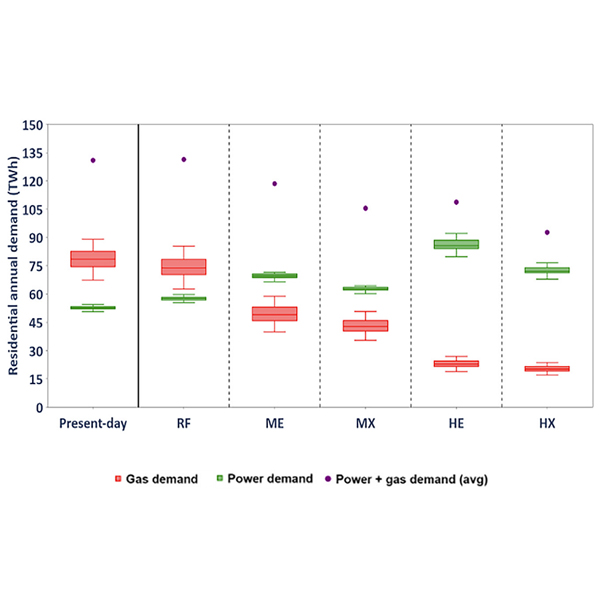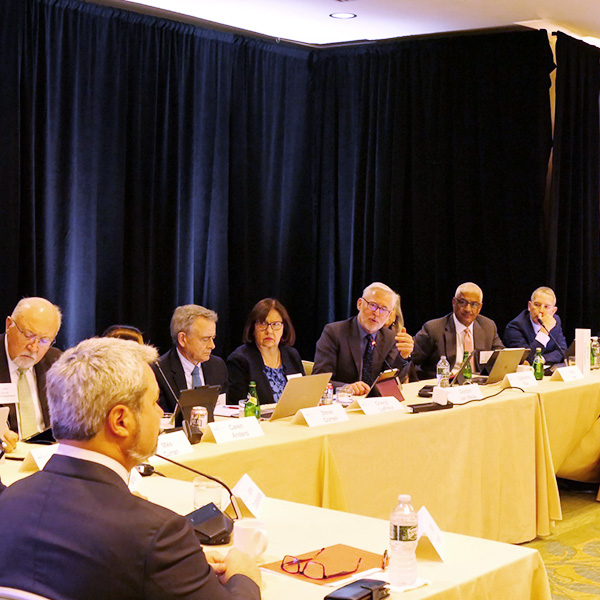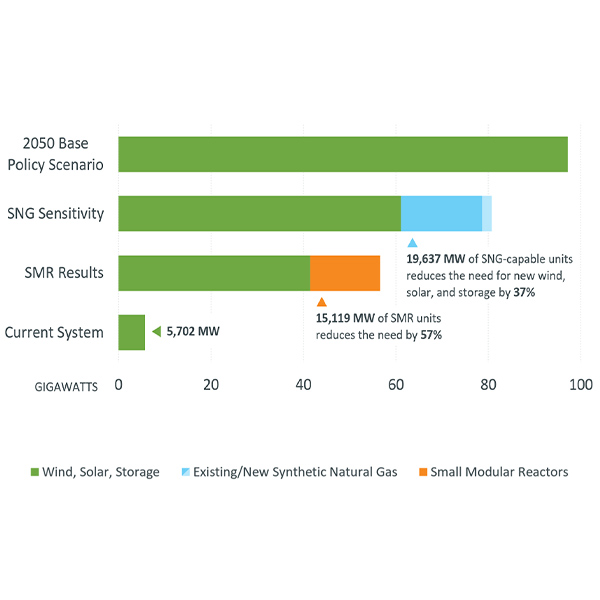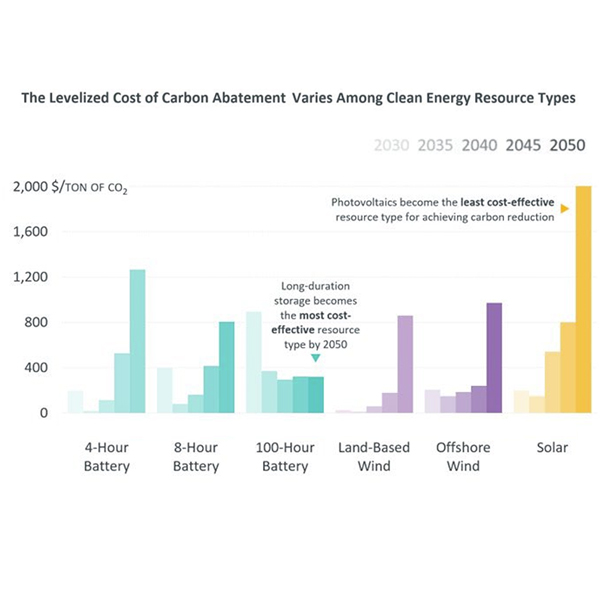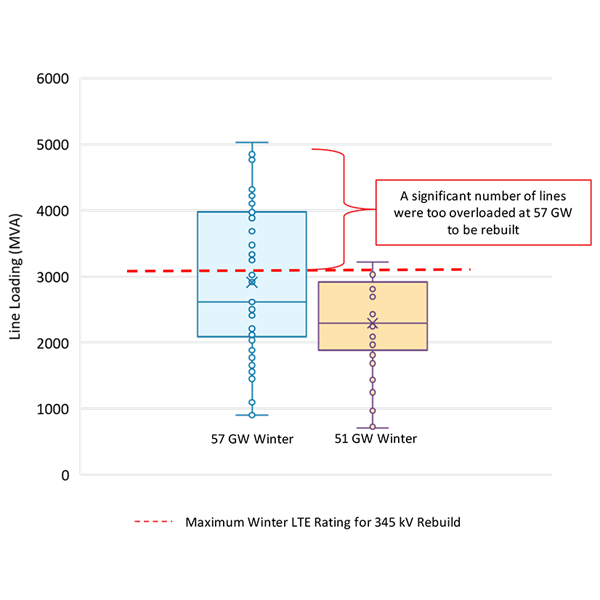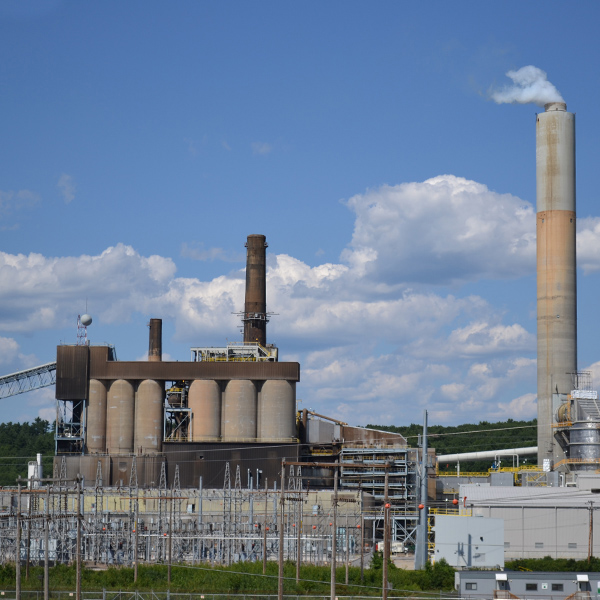Economic Planning for the Clean Energy Transition (EPCET)
While heating electrification in New England is poised to drive major increase in peak demand, electrifying about 80% of households could reduce the combined cost of the region’s electric and gas systems by 21 to 29%, according to a new study.
Managing the often-at-odds priorities of affordability, reliability, and decarbonization will require a delicate balance of innovation, market reforms, and stability, industry experts said at the Northeast Energy and Commerce Association’s Power Markets Conference.
A new study from the Northeast Power Coordinating Council outlines some of the major risks that reliance on natural gas generation poses for the New England power system.
An ongoing labor dispute at the hotel hosting ISO-NE’s annual open board meeting drove sparse attendance and harsh criticism from members of consumer and climate advocacy groups.
Deep decarbonization of the New England grid will pose major challenges related to resource adequacy and market administration, ISO-NE concluded in the final report of its Economic Planning for the Clean Energy Transition study.
As the variability of generation and demand increases on the grid, market enhancements may be needed to promote dispatchable resources, ISO-NE told the PAC.
Transmission upgrades that are needed to avoid overloads in a fully electrified New England by 2050 could cumulatively cost between $22 billion and $26 billion, ISO-NE told its Planning Advisory Committee.
ISO-NE expects system emissions to fall by nearly half by 2032 as gas generation declines, but projects coal and oil generation to increase to cover winter peak loads.
Want more? Advanced Search
